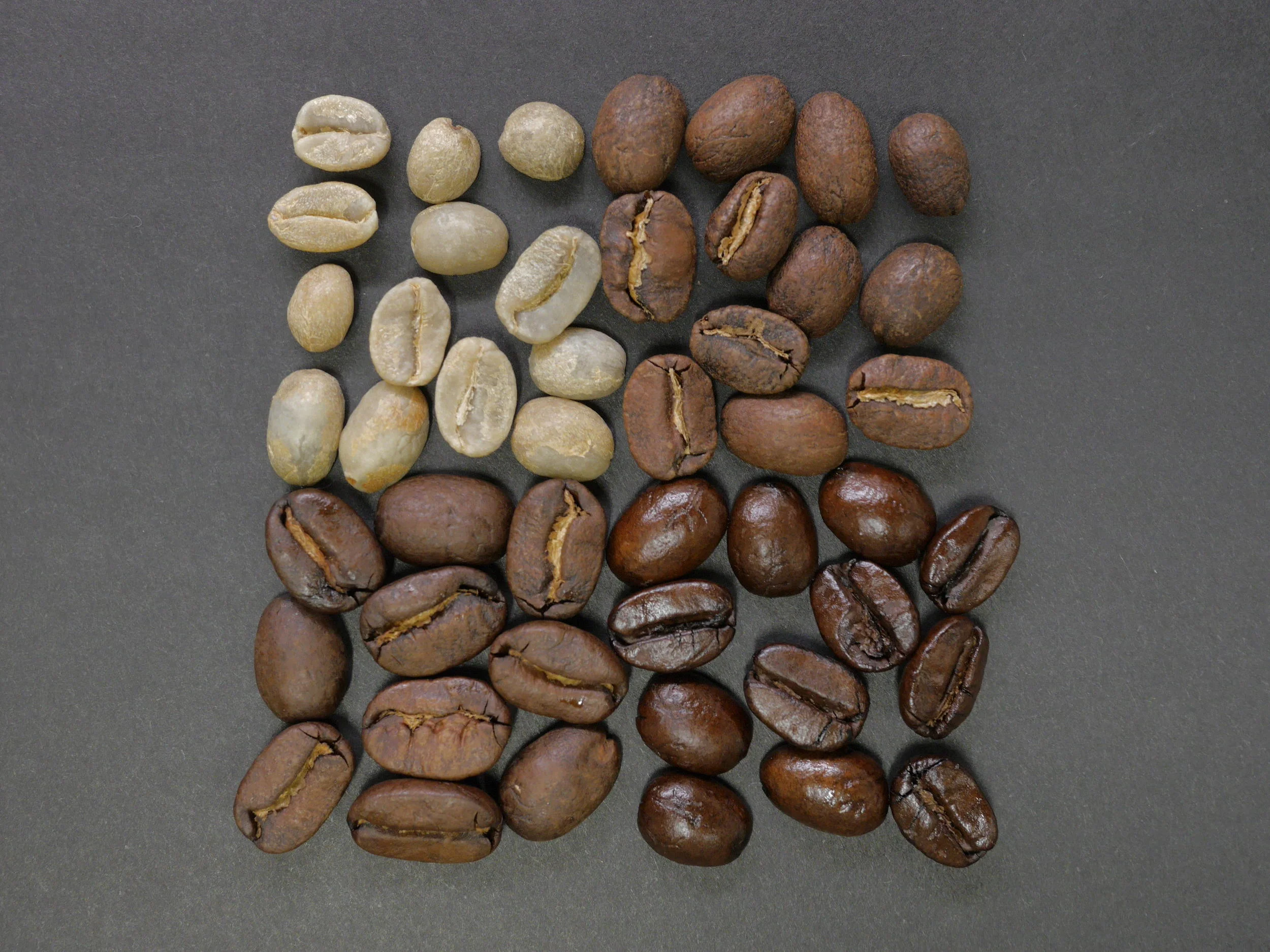True or False: Soy is unhealthy and causes cancer
Written by Cheyenne Watts | Reviewed by Jennifer Calo, CDE, CDN, MS, RD, RDN
False
I heard that sigh of relief! You enjoy your sautéed tofu on salads and your side of miso soup when you go out for sushi. You’re tired of your family, your friends, your healthcare providers, and those nosy, better-than-thou grocery store shoppers who lecture you on the effects that soy can have on your body.
“It’s full of estrogen.” “It will give you breast cancer!” “It’s genetically modified.”
All you want to say is, “Alright, lady, pick up your hemp milk and leave me alone, “ because you know darn well that their minimal education on the healthfulness of soy products comes from a 10 year old article that someone dog-eared in a magazine at the hair salon.
How could soy- a plant protein packed with fiber, potassium, magnesium, and other vitamins- earn such a poor reputation? Well, soy contains phytoestrogens- or plant estrogens- called isoflavones. Isoflavones act similarly to estrogen, and because estrogen is linked to hormonally-sensitive cancers, isoflavones were feared to have a similar effect on our bodies. The good news is that isoflavones actually have anti-estrogen properties, which can lower the risk of developing horomonally-sensitive cancers.
In the past, research was conducted on animals to determine the effect a diet rich in soy might have on our bodies. The results showed that soy may promote the growth of hormone based cancers... in animals. Recent studies, conducted with human subjects, have shown that a diet with moderate soy intake may reduce risk of developing some cancers, including breast cancer. The fiber in soy beans, nuts, and edamame can also lower risk of prostate and colorectal cancers
A moderate amount of non-genetically modified soy intake is 1-2 servings per day. One serving of soy could be:
- 1 cup of soy milk
- ½ cup of cooked soy beans
- ½ cup edamame
- 1/3 cup of tofu or tempeh
It is considered safe for breast cancer survivors to consume moderate amounts of soy, and some studies suggest that consuming moderate amounts of soy products may even reduce recurrence of breast cancer.

